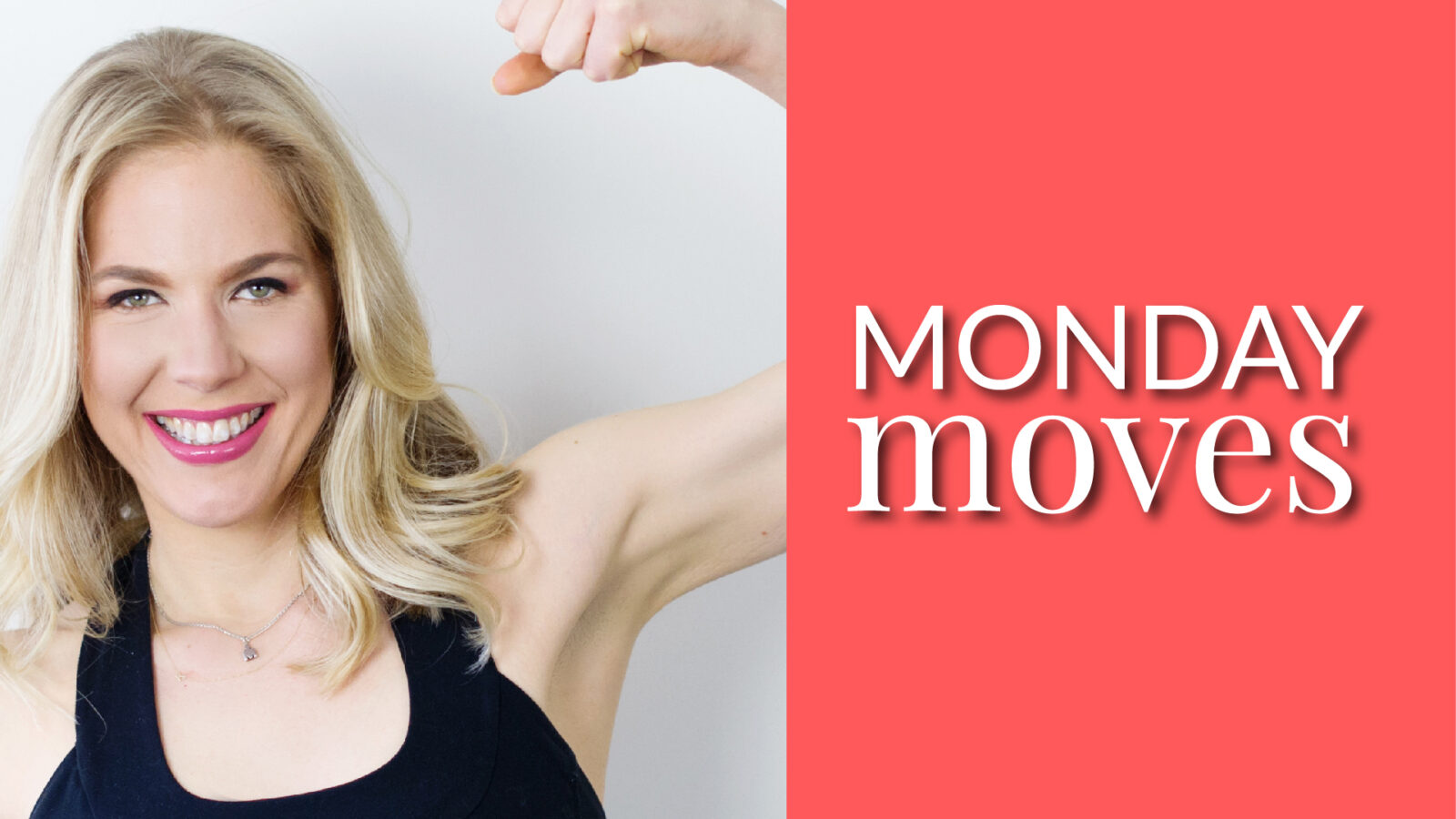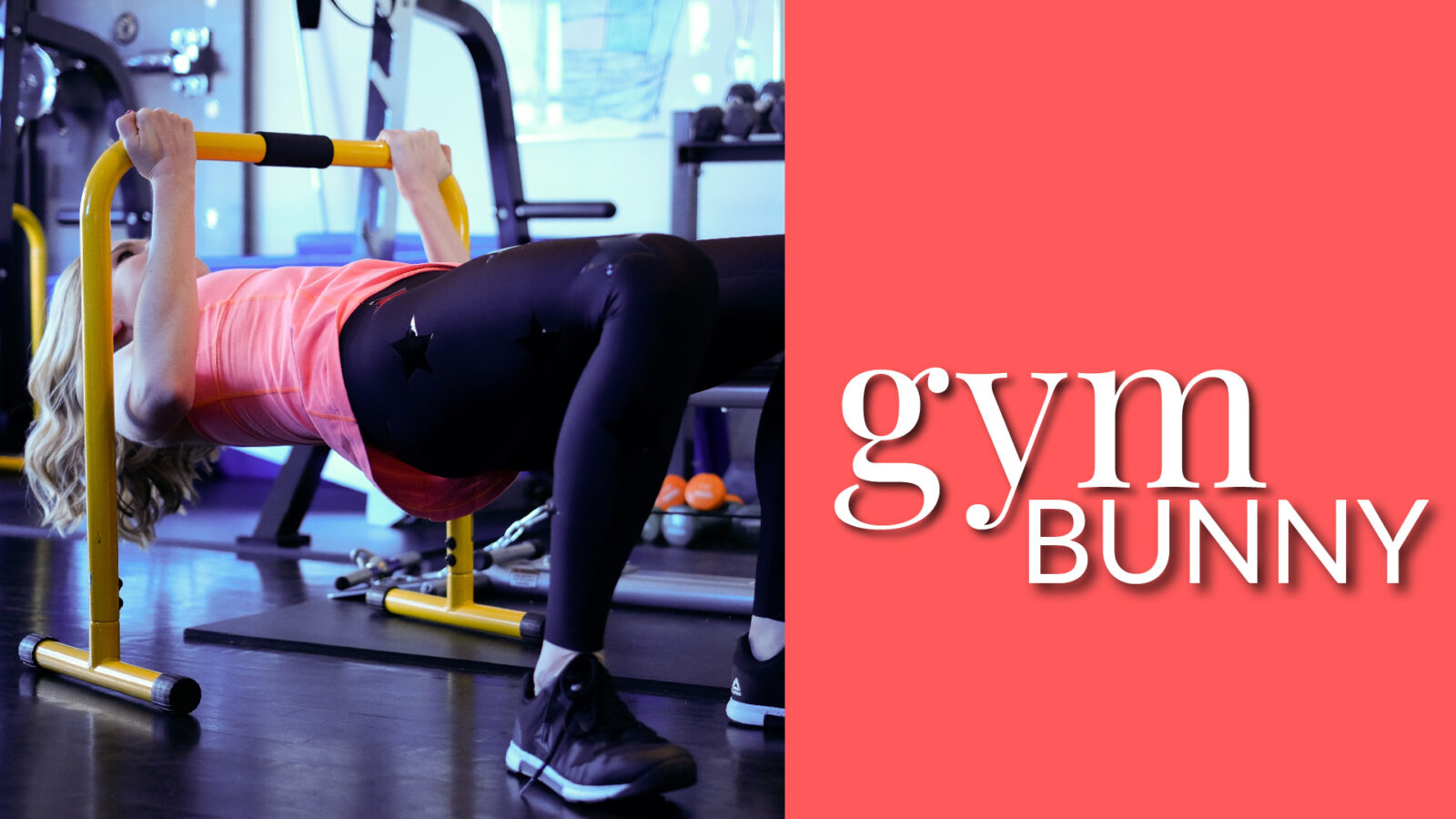For a healthier lifestyle, make (and own) your priorities
Take ownership of your choices — stop using the “I am too busy” excuse.
I know you are busy. We are all busy — being “too busy” seems to be the new normal. But you need to become conscious of what you prioritize and why.
I have railed against the “too busy” excuse in past blogs. I am expressing my frustration again, this time with a slightly different emphasis – because the “too busy” rationale is still way too common. The main takeaway from today’s blog is: reframe how you understand your schedule. Start to view scheduling as a choice. Replace “I am too busy” with “I chose to prioritize.”
If you decided to prioritize work or family over training, fine, but own that choice. Replace “I was too busy to work out” with “I prioritized work over training.”
As I tell my clients (and myself when I need a pep talk), we are adults and thus the masters of our own happiness and our own schedules. If you are too busy to do what you need to do to be healthy, figure out why — then work to change your schedule and your mindset. Don’t let being “too busy” become your “no-analysis-needed, get-out-of-exercise-jail-free card.”
I am not arguing that training can (or should) be your first priority. I appreciate that as a trainer, whose job it is to be fit, it is relatively easy for me to prioritize being active. I understand that other aspects of your life, such as work and family, may be (and probably should be) higher priorities. But you need to become conscious of how often you mindlessly say you are “too busy” to make healthy choices. Then take a moment to ask yourself what is really going on. You may be busy, but are you really too busy?
Common “too busy” traps
1. Have you failed to rearrange your schedule?
Preparation, preparation, preparation. Of course you are too busy to work out if you haven’t carved out the time. Schedule your workouts and analyze your upcoming week to troubleshoot possible problems and identify solutions. For example, if you schedule a weekly Tuesday run with a friend, look at your work schedule in advance and see if you have possible conflicts. If so, fix your work schedule or, if that is not possible, email your friend and reschedule. Don’t wait until Tuesday morning to realize you have to cancel.
2. Have you unconsciously or consciously structured your life so that your needs always come second?
I doubt that you are so busy you can’t find even 10 minutes to go for a walk, but if you really can’t, maybe that tells you something about your priorities. Are you too busy because you put everyone else’s needs ahead of yours? Have you unconsciously or consciously structured your life so that you have no personal time?
I work with many parents who are willing to give up everything for their kids. I respect that they are such great parents, but I always tell them that there are ways to be a fantastic parent and be good to yourself at the same time. Adopting a healthier lifestyle is about self-care and about being a positive role model. Being healthy will ultimately make you a more vibrant and present parent or partner.
Actively caring about your health is also a way to model healthy behaviour for your family. If you are too busy to get to the gym, incorporate movement into your daily life. Consider what I call the “piggybacking strategy” — piggyback activity onto things you already do. Do squats and lunges as you watch your children’s sports practice, walk your kids to school then jog or run home or pace as you take conference calls.
3. Are trying to commit to a plan you hate?
At least at the beginning, don’t say you will run five days a week if you hate running. If you hate something, you will always find other, “more important” ways to use your time. Instead, make exercise palatable. Make a fitness date with a friend, take your dog for a walk, join a sports team or garden.
4. Do have a strict, unidimensional definition of exercise?
Redefine how you understand “exercise.” Understanding exercise only as going to the gym or for a run is not always helpful. When life gets in the way, it is easy to abandon health goals altogether and say something like, “Since I can’t do my full workout, there’s no point in working out at all.”
Can’t get to the gym? No problem. Do some weights in front of the TV, go for a walk at lunchtime or climb the stairs in your office. Make movement, not exercise, non-negotiable. A full gym workout may be ideal, but the benefits are moot if you can never achieve the ideal.
5. Are you afraid of failure and don’t want to try?
“I don’t have time” is so easy to say, and since there is often a kernel of truth to it, being “busy” allows us to disengage with our real emotional relationship with our bodies and exercise.
Too often people say they are too busy when really they are — consciously or unconsciously — afraid that failure is inevitable, so why even try. Sometimes it can feel easier to be busy than admit to feeling afraid, and have to work through those feelings.
Be honest with yourself about WHY you didn’t exercise. Own your choice.
I strongly believe in the importance of setting realistic, specific, time-sensitive goals. Consider establishing a goal of not uttering the words “too busy” for one month; instead vow to consciously state what you have — and have not — prioritized. This awareness might be the catalyst to get you trending positive on your health journey.
Originally published at HUFFPOST












